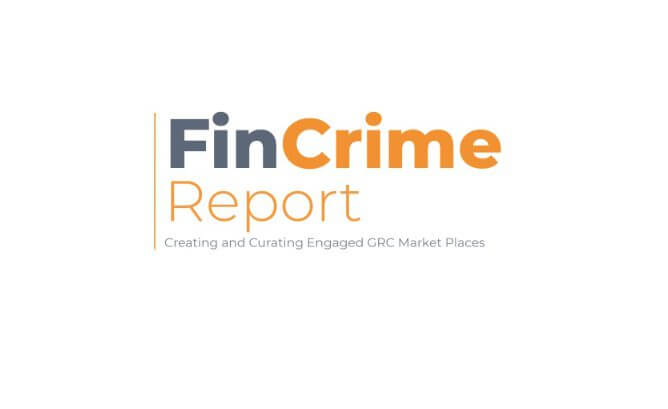BCL senior associate Tom McNeill has been published by FinCrime Report discussing the Cum-Ex trading scandal and difficulties in proving collusion between different parties.
Here’s an extract from the article:
“Cum-Ex trades are alleged to have defrauded European governments of billions of euros in the past few decades. Investigations and legal proceedings are now taking place across the globe embroiling major investment banks and international law and accountancy firms.
A German bank pleaded guilty in relation to fraud charges in Denmark. Two London-based cum-ex traders were convicted of criminal tax evasion following a highly publicised trial in Bonn. The next round of German prosecutions are underway, and a slew of further German prosecutions are waiting in the wings.
Yet there remains little consensus on when cum-ex is criminal. The German bank’s pragmatic guilty plea in Denmark avoided difficult questions of principal. Even following the judgment in the Bonn case, there is little clarity on what is and is not criminal. That judgment is being appealed and, in any event, may prove of limited relevance to other jurisdictions. Most investigations and legal proceedings are likely years from resolution and it would not be surprising if many years hence we were still awaiting Supreme Court verdicts in various jurisdictions to finally establish a basis for criminality in that jurisdiction.
Cum-Ex is routinely described as trading which exploits a ‘loophole’ to enable multiple parties to claim the same tax refund. Prosecutors in most jurisdictions would have little difficulty in bringing a criminal case if parties were colluding to do so. That prosecutors are having difficulties is due to three principal issues. The first is merely practical. The second and third, existential.
Firstly, how does one prove such collusion? The trades are enormously complex and involve many parties. Were parties merely acting in their own best interests or were they acting with awareness of a larger scheme? How does one prove knowledge without text messages, emails, evidence in black and white? The Bonn trial was remarkable in that the defendants doubled as prosecution witnesses. But it’s unusual for prosecutors to have such obliging defendants. Inferences will only take prosecutors so far, particularly for parties not directly involved in the trading.”
This article was published by FinCrime Report on 11/02/2021. You can read the full version on their website.




